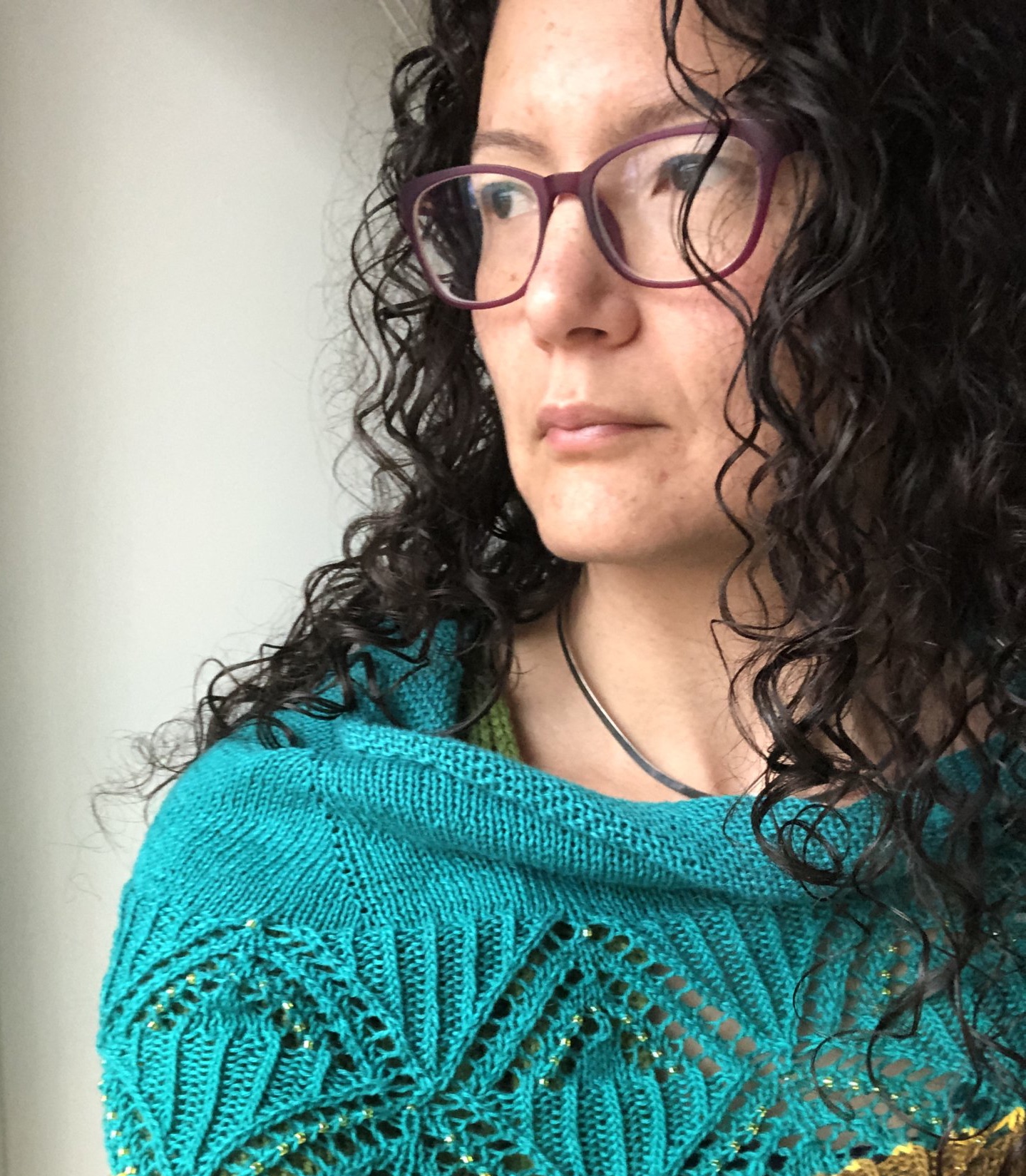Colloq with Heather Miyano Kopelson
Join us on Tuesday, February 20, 2024, at 5:00 pm ET in the Cox classroom of the Reeder Media Center, lower level of Swem Library, as we welcome Heather Miyano Kopelson. Professor Kopelson will discuss “Seashell,” a chapter comes from her book manuscript, Speaking Objects: Indigenous Women and the Materials of Dance in the Americas, 1500-1700), which is aimed… Read More

![GPP-Coffee-Break-banner_ALL.3[1]](https://oieahc.wm.edu/wp-content/uploads/GPP-Coffee-Break-banner_ALL.31.png)
![An-Introduction-to-Online-Resources-at-MESDA[1]](https://oieahc.wm.edu/wp-content/uploads/An-Introduction-to-Online-Resources-at-MESDA1.png)